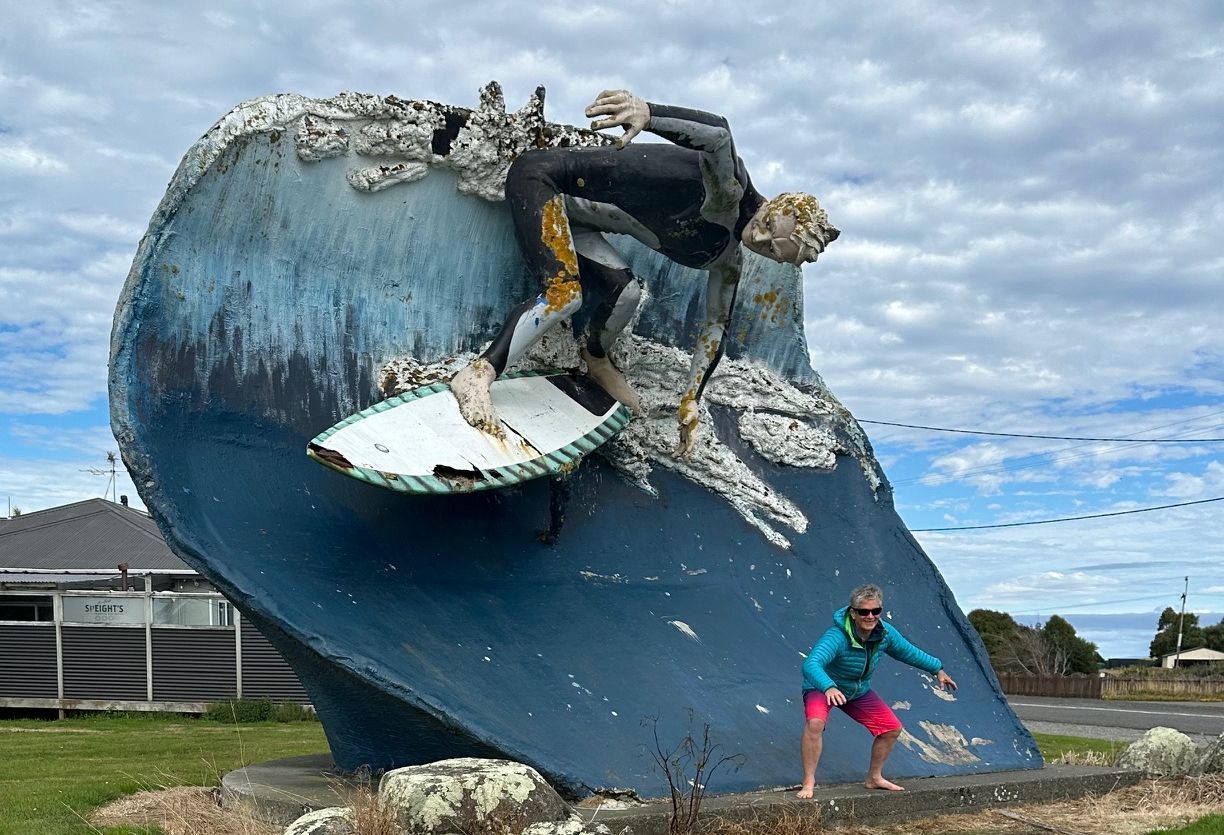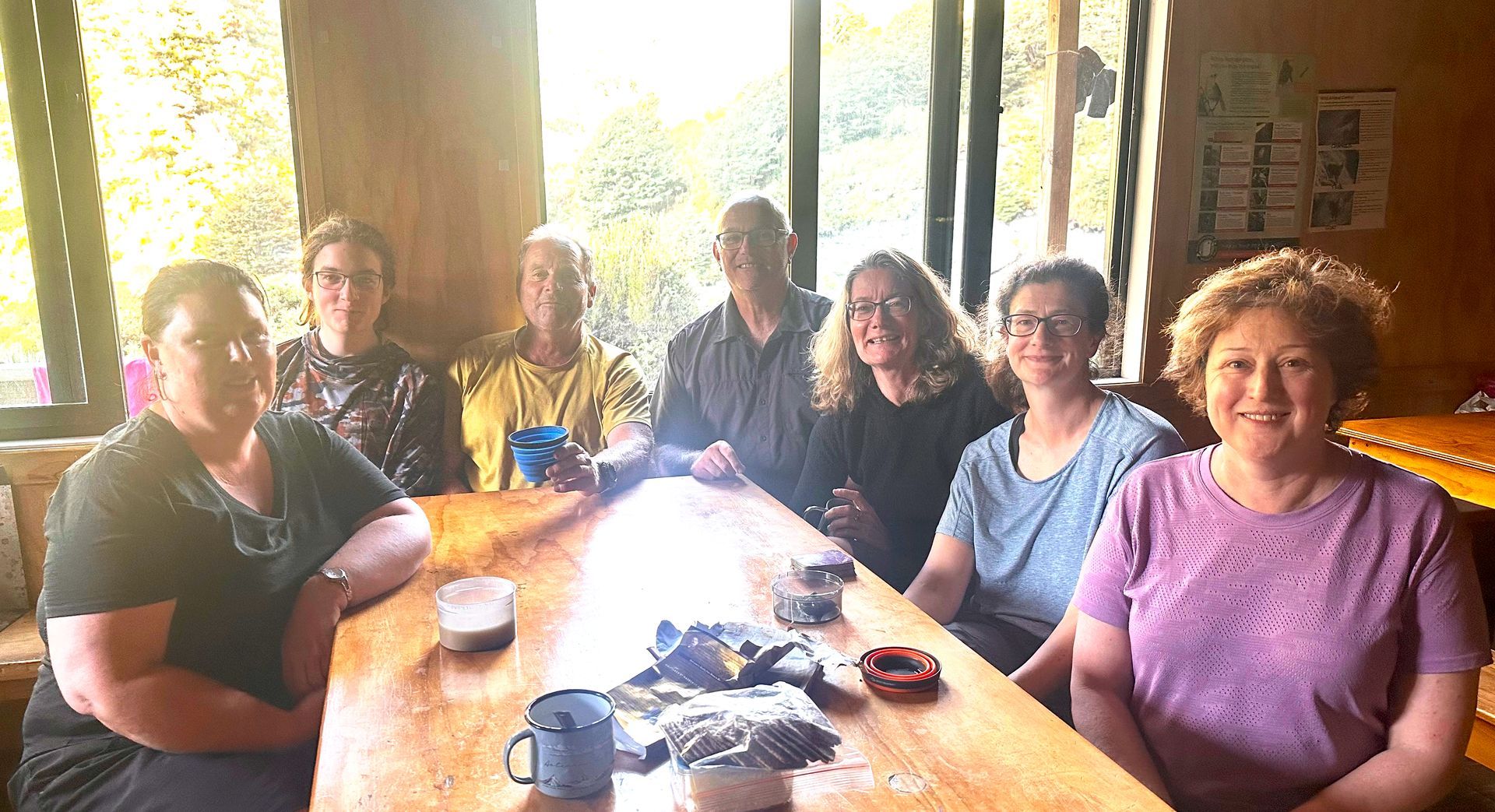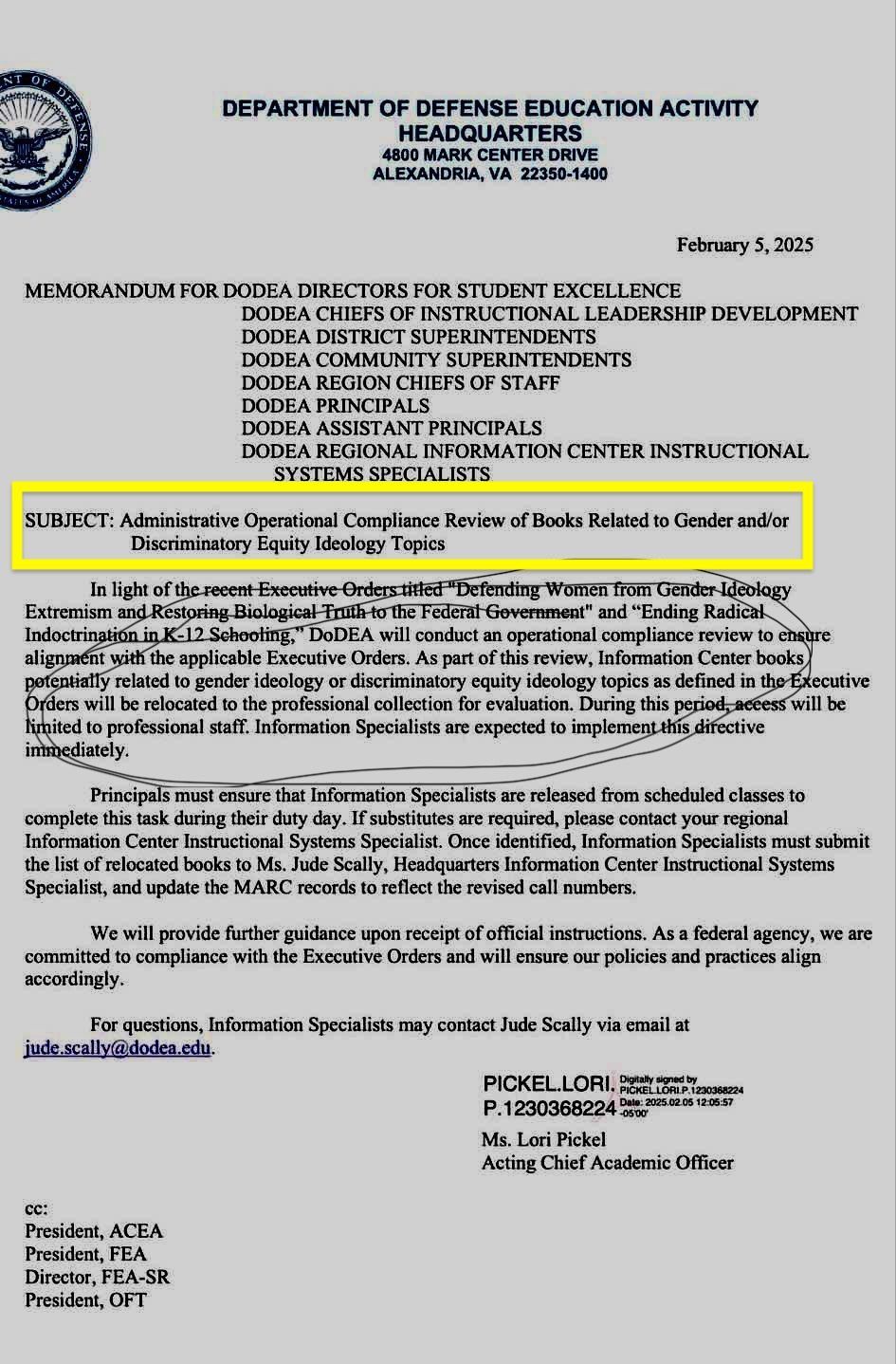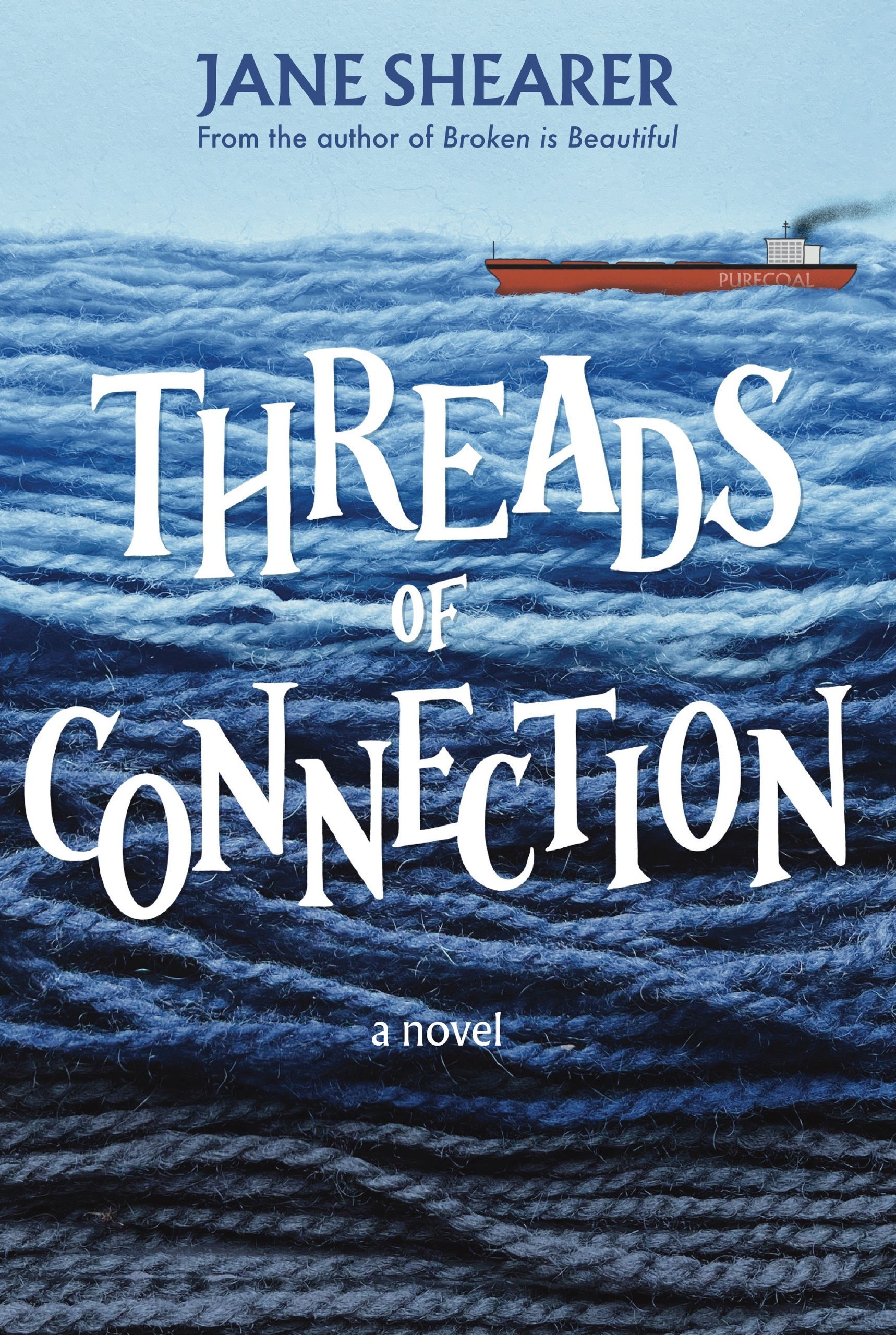Eliciting Emotion
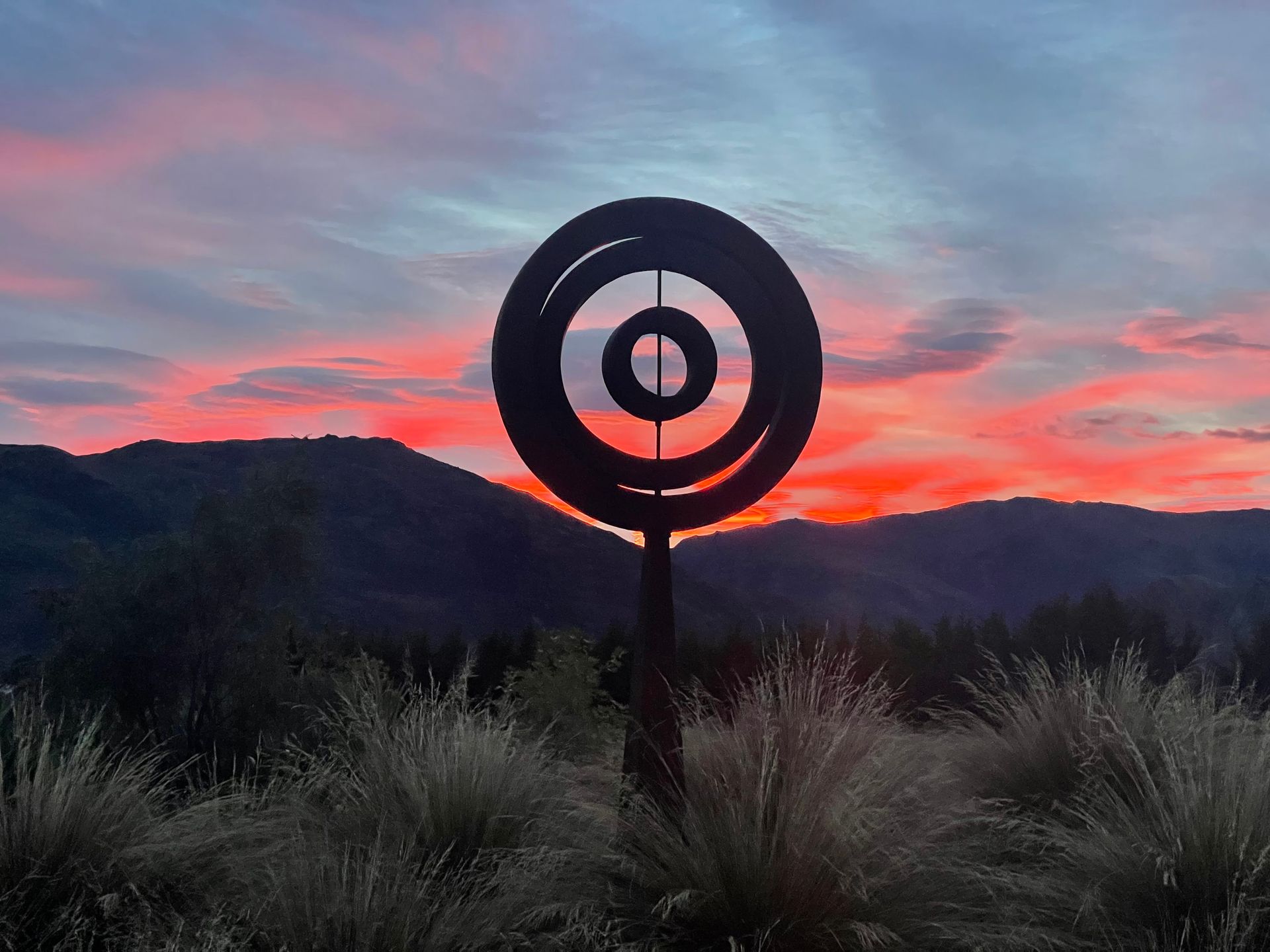
This week I gave a talk to the Christchurch 'Tuesday Club', invited by ex-mayor Garry Moore. He had read my article in Newsroom about Christchurch in a late 21st century climate change scenario. I chose to push the boundaries in my talk and go beyond beyond documentation of likely shifts in Christchurch climate and their implications. I called my presentation 'Limits to Science'.
Science has been great at telling us climate will change if we continue to produce copious quantities of greenhouse gas emissions. Science is reasonable, at predicting shifts in temperature, wind speed, drought, sea level, storm surge, atmospheric rivers, rain events, flooding, pest and disease incursions and spread for particular areas. However, science is terrible at shifting peoples' behaviour. If science was great at shifting behaviour, why would we have a climate change problem? And why would we have a polycrisis -i.e. the breakdown of the set of interconnecting systems that make up our world, animate and inanimate? We know the big picture of what's going to happen...but, unfortunately, science doesn't make much headway in get humans to do things differently.
What we need is to affect people's behaviour. The best way to shift behaviour is to affect people's emotions. Science isn't good at tapping into emotions at because that's not a realm science is designed to address. Science is constructed to interact with the logical part of people's brains, not their feelings. In contrast, the rhetoric of Donald Trump is constructed to inflame emotions and deepen schisms to demonstrate the need for a strong leader.
When I wrote my article for Newsroom, what I wanted to write was a piece of fiction, describing the feeling of threat to society in future Christchurch, threat from changing climate and food sources, threat from lack of food and manufactured goods, threat from disease, threat from immigrants. I wanted to ask the question, how will we react to those threats? I wanted to ask that question through drawing a fictional story – the old adage of 'show not tell'. However, that's not the article Newsroom wanted – the desired article, the one published, was an essay with sciency facts.
To make my point about the importance of using emotion to affect people, I gave a presentation book ending my list of facts with fiction. I started with a song about the environment and I finished with the short story I wanted to write.
Kazuo Ishiguro, a stellar writer and thinker, has also recently written about the important role of fiction and emotion in fiction. Ishiguro's most famous book is 'Never Let Me Go', an unputdownable tale of orphaned teenagers who are kept alive till early adulthood so society can harvest their organs one-by-one until the teenagers die. The book traverses the dilemma of humans simultaneously knowing they must die and having to live as if they are not. Ishiguro says, "A novelist can provide the emotional dimension; we offer some sort of emotional truth that is not there in nonfiction, however scrupulously well researched and documented."
Ishiguro also says, "In the post-truth Trump era, there's...a general atmosphere that, whatever the evidence, if you don't like it you can just claim some alternative emotional truth for yourself. The whole status of what might be true has got very blurred lately. And so I feel this power to cause emotions in people and create apparent emotional truths is quite an odd thing." Ishiguro is sitting on the fence of whether to use fiction to influence behaviour at large (he notes he feels happy to use it for 'good' causes but would not feel happy using it to support a right wing politician). My argument would be, when the very world is at stake, can we afford not to use alternative approaches (as I posit in 'Threads of Connection' with the bombing of a coal ship)?
Ishiguro goes on to comment about the power of AI to induce emotion, something I have been thinking about after reading 'A machine-shaped hand', a short story written by OpenAI. Ishiguro says, "AI will become very good at manipulating emotions. I think we're on the verge of that." Based on the OpenAI story, AI is already there. On some of my earlier posts about AI and creative arts, people have said they don't think AI will ever be creative in the way humans can be. For any of those commenters, please read the story and then tell me if you still think the same way.
Where does this leave us? Is science dead? Are creative humans already redundant?
Science is not dead, in that I would still rather we created emotive stories from a basis of fact. Why? Because stories can give us exemplar narratives for living and I would rather such narratives are based on what is likely to happen than a completely spurious future. I could, however, be completely wrong about this – living an emotional narrative doesn't have to be tied to a concrete world.
Are creative humans close to redundant? I had this conversation with a university professor who specialises in AI. "People will always want art created by human beings; in the future that's likely to be a significant point of difference," he said. "However, creatives aren't going to be able to make a living through creating." Nothing new there – many creatives through the millenia have needed incomes from sources other than creativity. However, the professor's comment was disturbing in its baldness. No wistfulness, no concern. This is how it will be.
Or, this is how it is.
Here comes a society manipulated by AI-produced emotional content. Are you ready for it?
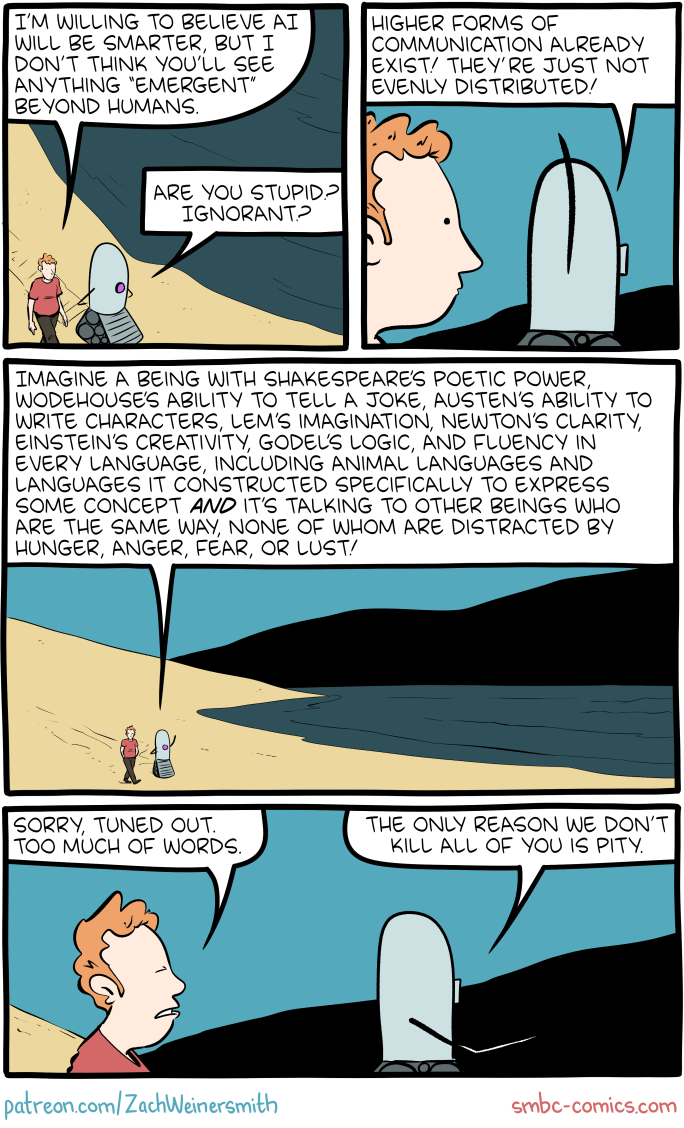
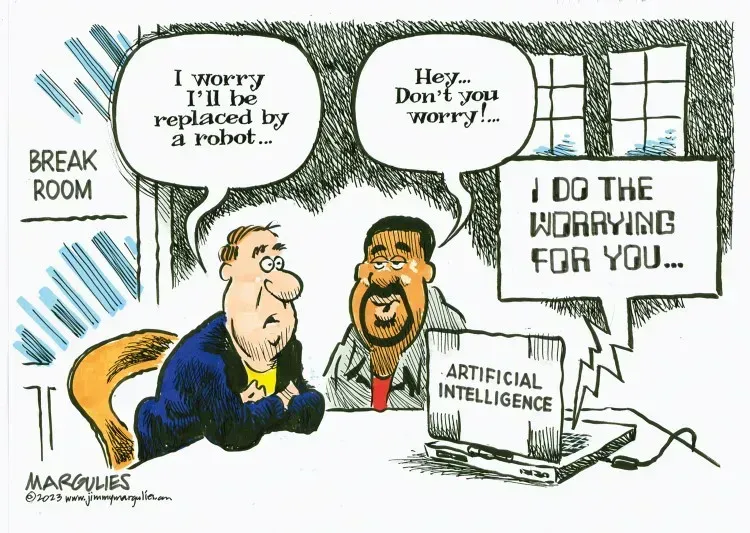
Get new content delivered
directly to your inbox.
Latest Posts
© Jane Shearer 2020-2023. All rights reserved.
blogger
traveller


